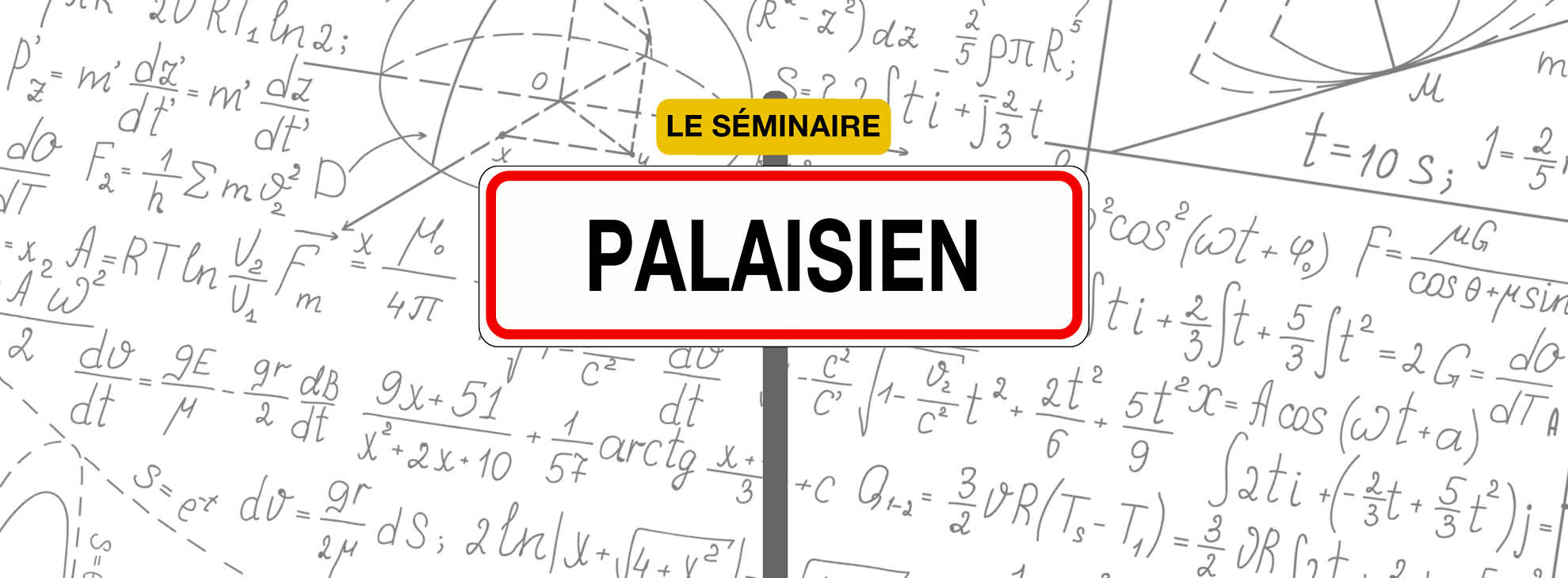Chaque session du séminaire est divisée en deux présentations scientifiques de 40 minutes chacune : 30 minutes d’exposé et 10 minutes de questions.
Solenne Gaucher (Université Paris-Saclay) et Nicolas Vayatis (ENS Paris-Saclay) animeront la session de mars 2021.
Bandits are used to model the following sequential decision problem : at each time step, an agent takes an action and receives a reward drawn i.i.d. from a distribution depending on the action she has selected. Her aim is to maximize her cumulative reward. In this talk, we start by introducing the continuum-armed bandit, and present classical algorithms and results. In this setting, actions are indexed by covariates in a continuous set. The expected reward for taking an action is modeled as an (unknown) function of the covariate describing this action. In a second time, we focus on the finite continuum-armed bandit setting, where the set of actions is finite, and each action can only be taken once.
Behavioral neurosciences are about to undergo a major shift due to a) the dissemination of wearable and ambient sensors in routine clinical assessment or in complex Human-Machine interaction, b) the progressive abandonment of animal experimentation. This raises several issues in terms of observational data, but also questions how Machine Learning techniques may contribute to the data-driven quantification and prediction of Human behavior. In this talk, I will introduce the topic of Machine Learning applications to behavioral neurosciences. I will also give an overview of recent works and questions for the future of Machine Learning research in this field.






